This draft Circular will replace Circular 51/2011/TT-BGD&DT dated November 3, 2011 regulating the national periodic assessment of students' learning outcomes in general education institutions of the Minister of Education and Training .
Overcoming difficulties, obstacles and limitations in conducting large-scale assessments
The current Circular only applies to national periodic assessments chaired by Vietnam, to assess students' learning outcomes in generaleducation institutions, and has not yet adjusted for international assessments with Vietnam's participation.
However, in the past and in the coming years, Vietnam has, is and will continue to participate in many international assessment programs such as PISA (Programme for International Student Assessment for 15-year-olds of the OECD); SEA-PLM (Programme for Assessment of Primary School Students in Southeast Asia); TALIS (Programme for International Assessment of Teaching and Learning of the OECD). These programs are all chaired by the Ministry of Education and Training, and at the same time, they are guided to be implemented seriously, synchronously and uniformly nationwide to provinces, cities and educational institutions.
To suit the actual situation, the new draft Circular has been expanded to include both “National-wide assessment” and “International-wide assessment” (explained in Article 2). This content is now specified in Article 10 – Implementation of international agreements.
Regarding the organization and management of large-scale assessments: The Draft clearly stipulates the decentralization, delegation of authority and responsibilities of relevant parties. At the same time, it specifically defines the structure, composition, functions, tasks, powers and implementation methods of the Executive Board, the National Technical Board, as well as the composition and tasks of the Provincial/City Survey Council (stipulated in Articles 4 and 5 of the Draft).
Regarding the implementation process: The Draft adjusts both the content and form of assessment. Specifically, the assessment content is the requirements to be achieved for the subjects participating in the assessment, as stipulated in the current general education program (according to Clause 1, Article 7 of the Draft).
In terms of form, assessment is diversified: Conducting surveys on paper, on computers or combining both forms (according to Clause 3, Article 8 of the draft). In case of necessity to serve the requirements of state management, the Minister of Education and Training can add survey periods, in addition to the periodic national and international surveys.
Some other notable new points
Regarding assessment content: Assessment is based on the requirements for the subjects participating in the assessment, as stipulated in the current general education program. The draft focuses on assessing students' ability to apply knowledge and skills in solving problems related to study and life. In addition, assessment of English for students in grades 9 and 11 is added (stipulated in Article 7 of the Draft).
Regarding the responsibility of the Department of Education and Training: The Department of Education and Training is responsible for advising the People's Committee of the province/city directly under the Central Government to arrange local budgets or mobilize other legal funding sources (if any) to implement national-level large-scale assessment programs according to regulations. At the same time, issue plans and documents directing local agencies, departments and branches to coordinate with the Education sector to implement these programs (stipulated in Clause 1, Article 12).
Regarding implementation: Funding for implementing national-level large-scale assessment programs is arranged by ministries, central and local agencies, and is used from the State budget and legal support sources from domestic and foreign organizations and individuals, according to the provisions of the Budget Law and relevant current legal documents (stipulated in Clause 2, Article 14 of the Draft).
The issuance of the new Circular replacing Circular 51/2011/TT-BGD&DT dated November 3, 2011 is of great significance in realizing the goal of developing a national-level wide-scale assessment system in Vietnam.
Once issued, the new Circular will contribute to periodically providing objective and reliable information on the quality of general education; at the same time, it will be the basis for proposing policies and solutions to innovate teaching and learning activities, meeting the requirements of implementing the General Education Program, improving the quality and promoting international integration of Vietnamese general education.
Source: https://giaoducthoidai.vn/du-thao-quy-dinh-danh-gia-dien-rong-cap-quoc-gia-chat-luong-giao-duc-pho-thong-post739019.html


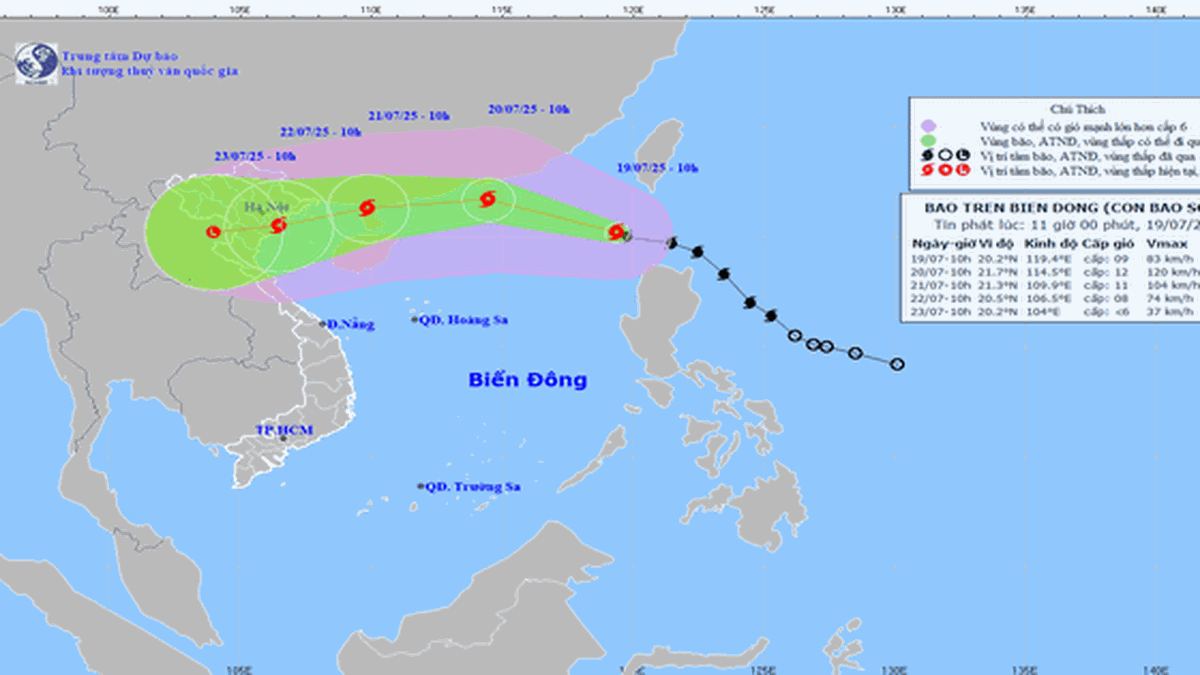

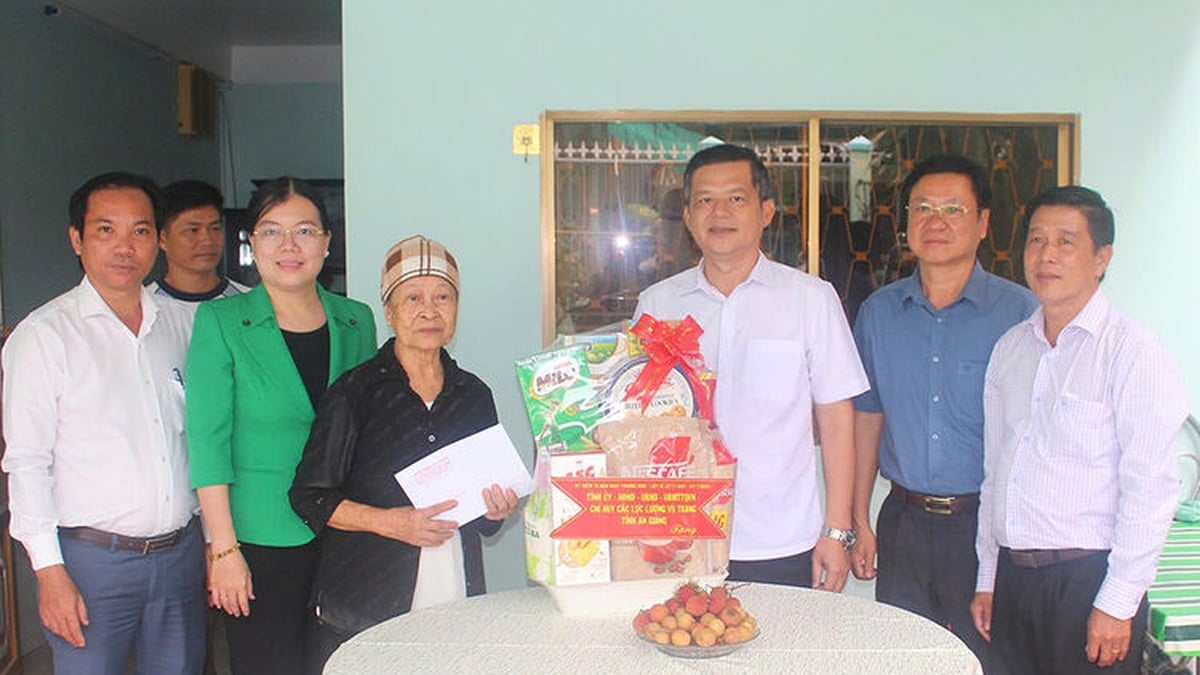

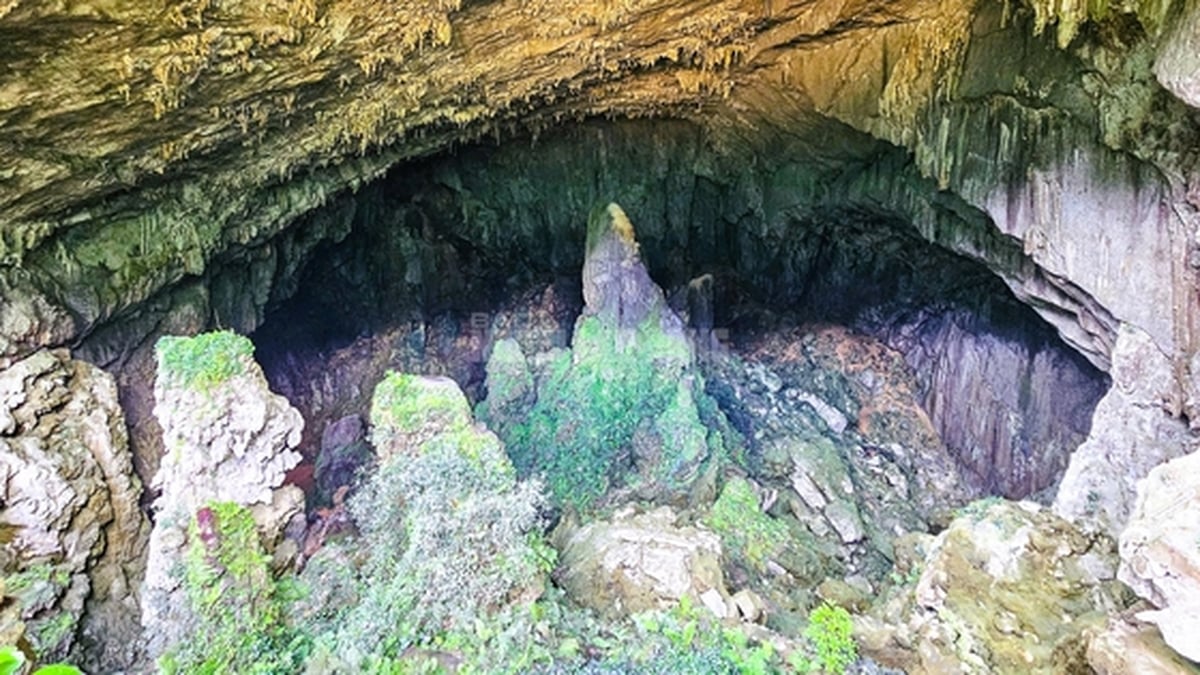

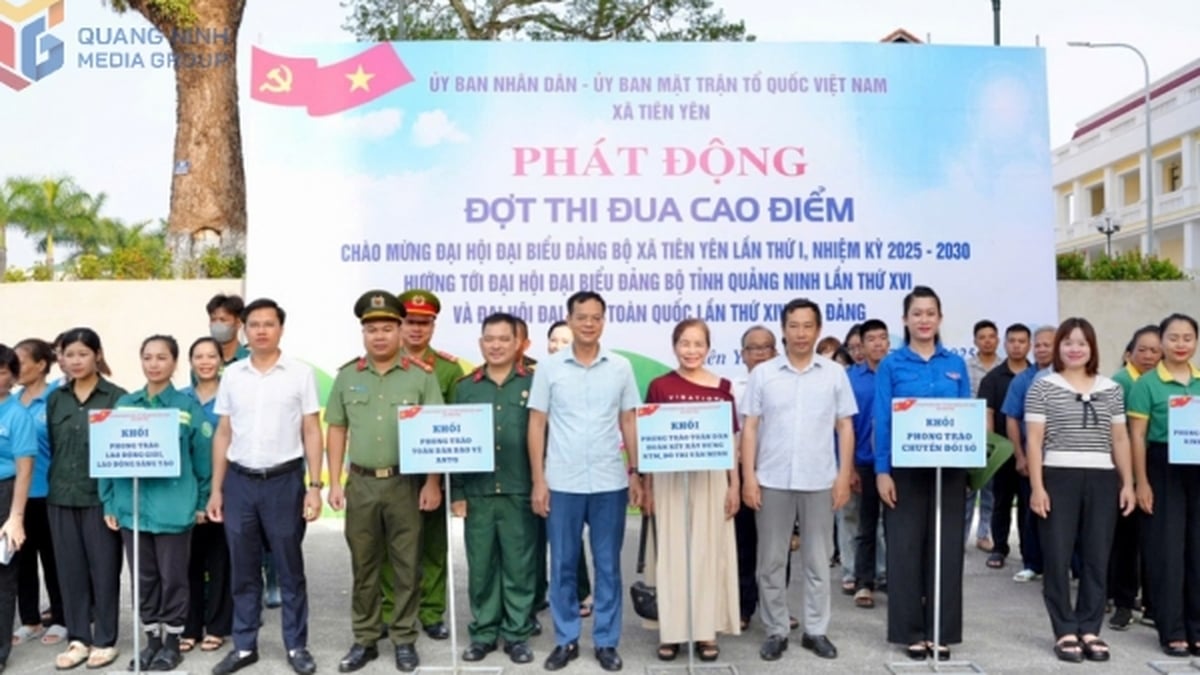
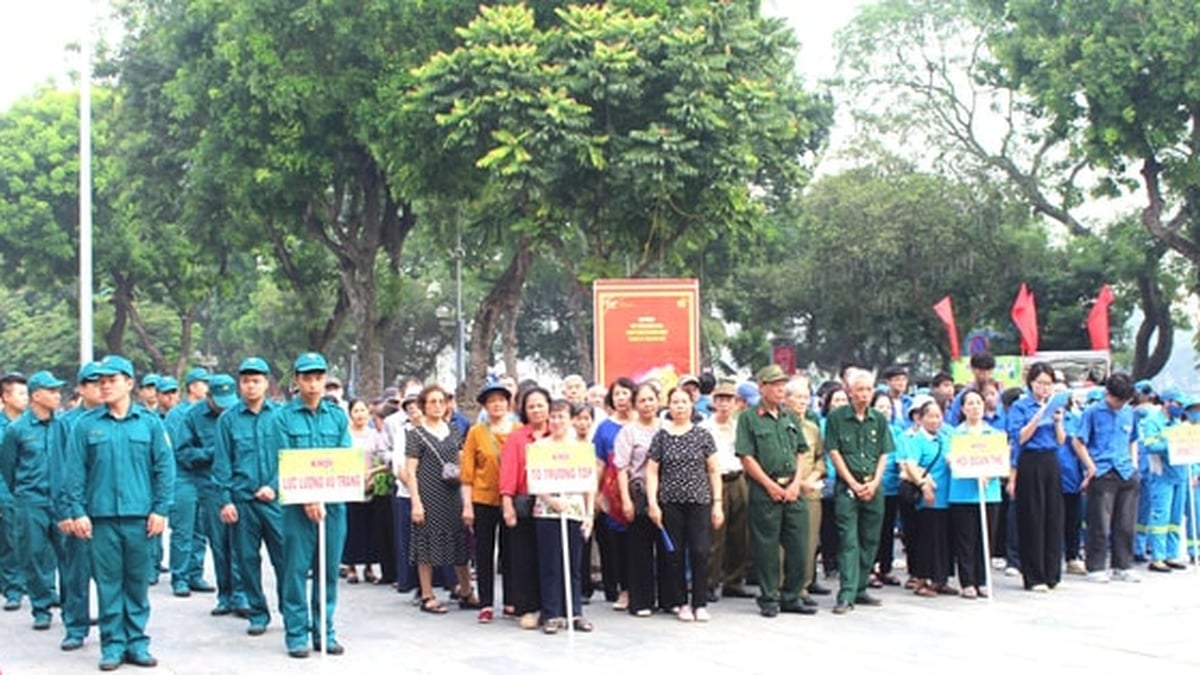

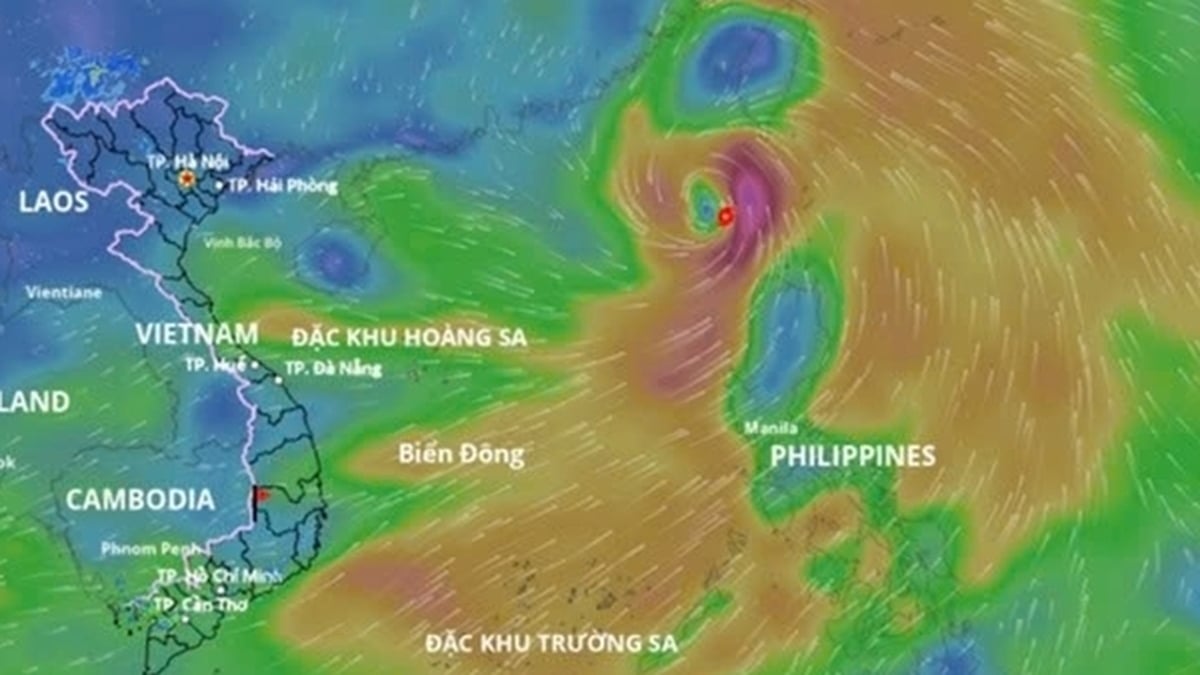
























































































Comment (0)